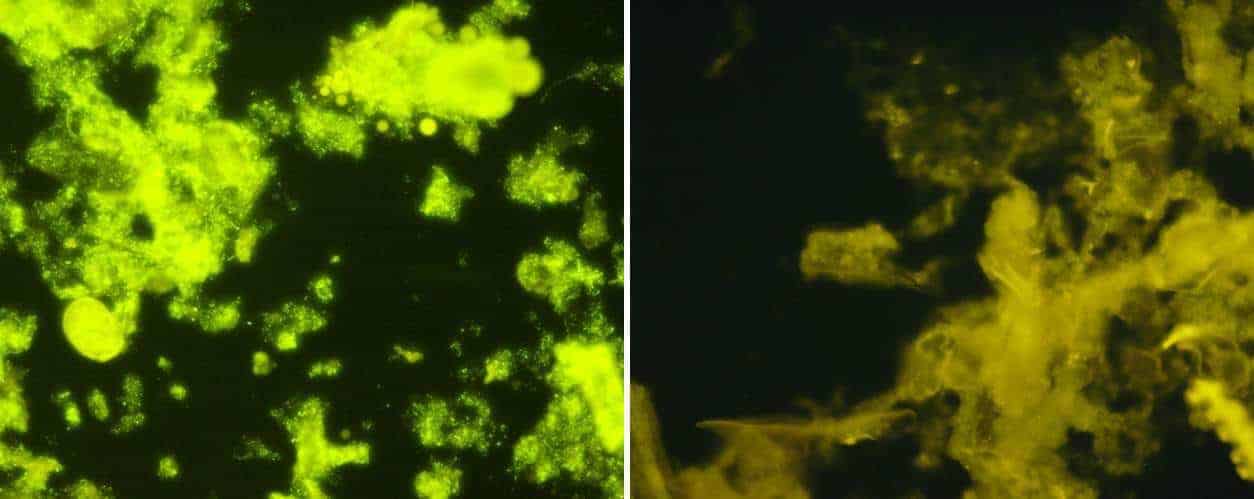Equine Gut Microbiota Research Update

However, scientists have only been studying the microbiota since the early 2000s, and are still improving the techniques they can use to examine it. As such, researchers are rapidly making new discoveries about the equine gut microbiota and how it reacts to a number of variables. At the 2017 International Equine Colic Research Symposium, held July 18-20, in Lexington, Kentucky, researchers from around the world presented their latest microbiome-related findings. Following is a recap of a selection of the research shared.
Microbial Stability
Researchers know that horses’ gut microbiota can change rapidly with dietary concentrate or forage adjustments, potentially leading to gastrointestinal upset. But it wasn’t clear whether gut microbiota remain change or stable when horses live on one particular pasture for a year with supplemental forage, but without concentrate feed. So, researchers from the University of Liverpool and the University of Leicester, both in the U.K. conducted a year-long study to find out. They found that pasture-kept horses’ microbial populations are in a slow, but constant, state of change in response to multiple factors, including season, the weather, and what type of forage they’re eating (grass alone or grass and haylage).
The same research team also evaluated gut microbiota in periparturient (around the time of birth) broodmares, a group of horses known to be at risk for colic
Create a free account with TheHorse.com to view this content.
TheHorse.com is home to thousands of free articles about horse health care. In order to access some of our exclusive free content, you must be signed into TheHorse.com.
Start your free account today!
Already have an account?
and continue reading.

Written by:
Erica Larson
Related Articles
Stay on top of the most recent Horse Health news with















